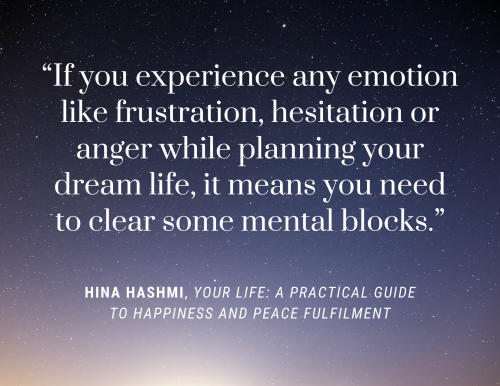Growing up being a gymnast and then a competitive cheerleader, the term “mental block” is something I know very well. In fact, just about every tumbler has either had a mental block before or seen an athlete with one in their gym.
A mental block is defined as “an inability to recall something or to perform a mental action,” according to the Oxford Dictionary. Specifically in sports, mental blocks will affect skills that were previously mastered. However, mental blocks are very individualized and different for each person. It’s all in the athletes head and their frustration definitely shows.
According to an interview done by A National Alliance for Youth Sports, Dr. Mark Aoyagi states that a mental block can happen for many different reasons.
“A classic example for young women going through puberty is their center of gravity shifts and things start to feel different. This is very common for gymnasts and divers and can happen to boys as well,” Aoyagi said. “Another example is as kids mature, their awareness starts growing and they begin to think to themselves, ‘I can really hurt myself doing this’ or ‘I can really embarrass myself doing this.’”
Reflecting back on my life, I don’t think I’ve ever seen a child with a mental block. I agree with Dr. Aoyagi, as it has always happened as the athletes matured.
For me, my experience with a mental block started a year after I began high school. My internal dialogue switched to focusing on, ‘Wow, I can really hurt myself doing this.’ I started to become more aware of the dangers of tumbling. My internal thoughts were stuck on being scared and falling, rather than trusting my muscle memory to do the skills I have done numerous times.
My case wasn’t severe. I eventually learned that I needed to try and quiet those thoughts and trust myself because I have already proved that I can do the skills. I wasn’t perfect and fear still got to me many times.
Mental blocks exist in many different forms. One of my teammates had a mental block that stopped her from doing any connecting skills. She was a strong tumbler and would land her standing tumbling with no hesitation. She even built up her standing tumbling skills to the highest level. However, her brain was mentally blocking her from doing any connecting skills, aka running tumbling. She knew that she had her running tumbling skills but her brain wouldn’t let her do it.
Another athlete from one of my previous gyms had a mental block that affected all tumbling. She grew up a strong tumbler and was able to achieve all of the skills required for the highest level. As she got older, a mental block developed and her brain would not let her tumble at all. It was so severe that her coaches allowed her to not participate in the tumbling hour of practice.
All mental block cases are different, but the lessons behind them are the same. Athletes with mental blocks all have the strength, talent and muscle memory to do the skills but their brain is stopping them from trying. Their brain has likely put up a wall because of feelings of discomfort or having doubts.
I think that mental blocks happen a lot in life and it is important to be aware of them. A lot of us, including myself, tend to block out and avoid uncomfortable situations, especially when we have doubts. Sometimes it’s our fear of failure or fear of embarrassment. However, I believe that giving in and avoiding these situations will just block us from growing.

Discomfort gives us an opportunity to grow. According to Forbes, feeling uncomfortable can actually be the key to success. It’s important to find the courage to overcome these unwanted hurdles in life and reframe them as opportunities for growth. We must be hyperaware of our internal dialogue and focus on putting our doubts aside.
Just like in sports, mental blocks in life are different for everyone. But a commonality between all cases is that we all have the power, opportunity and ability to tackle our discomfort and fears if we set our mind to it.



